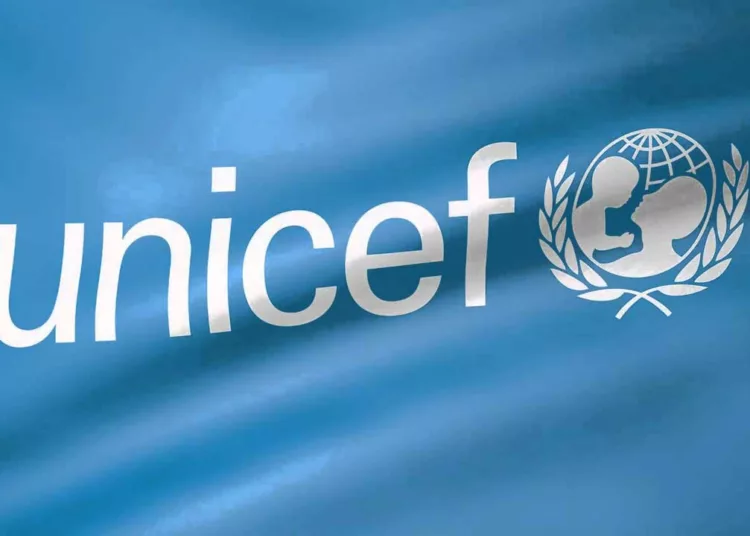Kano State government, in collaboration with the United Nations Children Fund (UNICEF), has targeted to vaccinate over 7.8 million children in the Integrated Measles-Rubella and Polio Vaccination Campaign in the October 2025 exercise.
The campaign, which will begin on October 6 to 17, targets children aged nine months to 14 years for the measles-rubella vaccine; under five for polio vaccines; infants between 0–23 months for routine immunisation, while also delivering immunis1ation for hepatitis (HPV), and treatment for onchocerciasis.
Speaking on Monday at a media dialogue and orientation session in Kano, Director General of the State Primary Healthcare Management Board, Prof. Salisu Ibrahim, represented by Dr. Ahmed Tijana, Director of Disease Control and Immunisation, described the campaign as historic, saying that it is the largest campaign in the whole of sub-Saharan Africa.
According to him, “In Nigeria, we are targeting 106 million children, and in Kano alone, over 7 million children will be vaccinated. This integration saves costs, reduces the burden of multiple campaigns, and delivers health services in a single package.”
He, therefore, urged journalists to sensitise the public to ensure maximum coverage, noting that preparations for the 10-day campaign has been concluded with the deployment of 3,347 vaccination teams, provision of 4.6 million doses of novel oral polio vaccine, and 4.5 million doses of bivalent oral polio vaccine which is supported by UNICEF and partners.
In his remarks, Rahama Farah, Chief of UNICEF Field Office in Kano, noted that Kano State was in Phase One of the national campaign covering 21 States.
He stressed the importance of halting polio transmission, pointing out that Kano State recorded three cases of variant polio virus (cVPV2) in 2025 compared to 31 in 2024.
He added that UNICEF, alongside the Federal Ministry of Health, WHO, GAVI, the Bill and Melinda Gates Foundation, and civil society partners, has supported Kano State with training of over 3,000 health workers, community mobilisers, and the provision of information materials to drive acceptance.
“The media must help mobilise caregivers and communities. Vaccines are safe, effective, and free,” Farah said, urging parents to make their children available for vaccination exercise.






